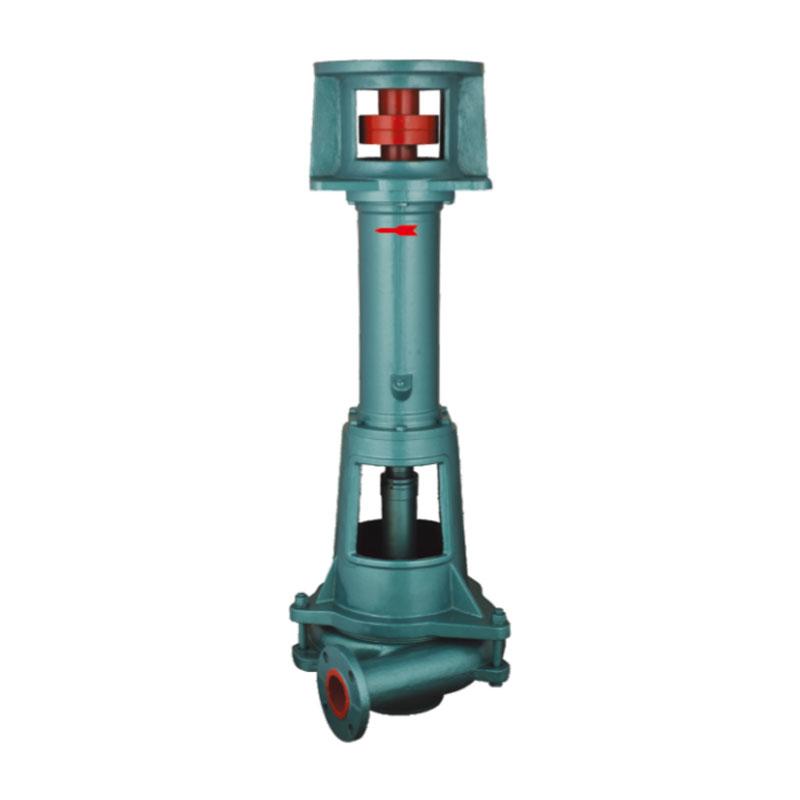Preventive Care for Wastewater Pump Equipment

The consistent performance of wastewater management infrastructure relies heavily on systematic maintenance practices for sewage pump equipment. These pumps operate in demanding conditions, handling abrasive, corrosive fluids containing solid materials that can cause wear and operational challenges. Implementing a comprehensive maintenance program for sewage pump systems helps prevent unexpected failures, extends equipment life, and ensures continuous wastewater removal. The submerged or partially submerged operation of many sewage pump installations makes regular maintenance particularly important, as failures can lead to overflows and significant repair requirements. Understanding these maintenance needs helps operators maintain reliable sewage pump performance in critical wastewater handling applications.
Regular inspection routines form the foundation of effective sewage pump maintenance. Visual checks of the sewage pump and surrounding wet well should monitor for debris accumulation that could impede pump operation or damage components. Electrical system inspections verify proper connection integrity and insulation resistance for the sewage pump motor and control systems. Performance monitoring tracks operating cycles, run times, and energy consumption patterns that might indicate developing issues with the sewage pump. These regular inspections help identify potential problems before they result in sewage pump failure, allowing scheduled maintenance rather than emergency repairs.
Cleaning procedures are essential for maintaining sewage pump efficiency and preventing operational issues. Regular removal of accumulated solids and debris from the wet well prevents clogging of the sewage pump intake and reduces strain on the pump motor. For submersible sewage pump units, periodic retrieval for thorough cleaning of the pump exterior and impeller area maintains optimal performance. The check valve and discharge piping require inspection and cleaning to prevent blockages that could affect sewage pump operation. These cleaning activities help ensure that the sewage pump can handle wastewater flow effectively without excessive energy consumption or component stress.
Component maintenance and replacement schedules ensure long-term reliability of sewage pump systems. Mechanical seals in sewage pump units require regular inspection and replacement to prevent fluid ingress into the motor compartment. Impeller wear affects pumping efficiency and may necessitate replacement to maintain required performance levels in the sewage pump. Bearings and motor components may require servicing according to manufacturer recommendations based on operating hours. Maintaining detailed records of all maintenance activities helps predict future service needs and plan sewage pump maintenance effectively, minimizing downtime in critical wastewater handling operations.
Implementing a structured maintenance program significantly contributes to the reliable operation and extended service life of sewage pump systems. The challenging operating environment of these pumps demands specific maintenance approaches that address the abrasive and corrosive nature of wastewater. Regular inspection, cleaning, and component maintenance help ensure that a sewage pump continues to perform effectively throughout its service life. The investment in proper maintenance practices for sewage pump equipment returns value through reduced emergency repairs, lower energy consumption, and consistent performance in wastewater handling applications across municipal, commercial, and residential settings.
- Art
- Causes
- Crafts
- Dance
- Drinks
- Film
- Fitness
- Food
- Oyunlar
- Gardening
- Health
- Home
- Literature
- Music
- Networking
- Other
- Party
- Religion
- Shopping
- Sports
- Theater
- Wellness


